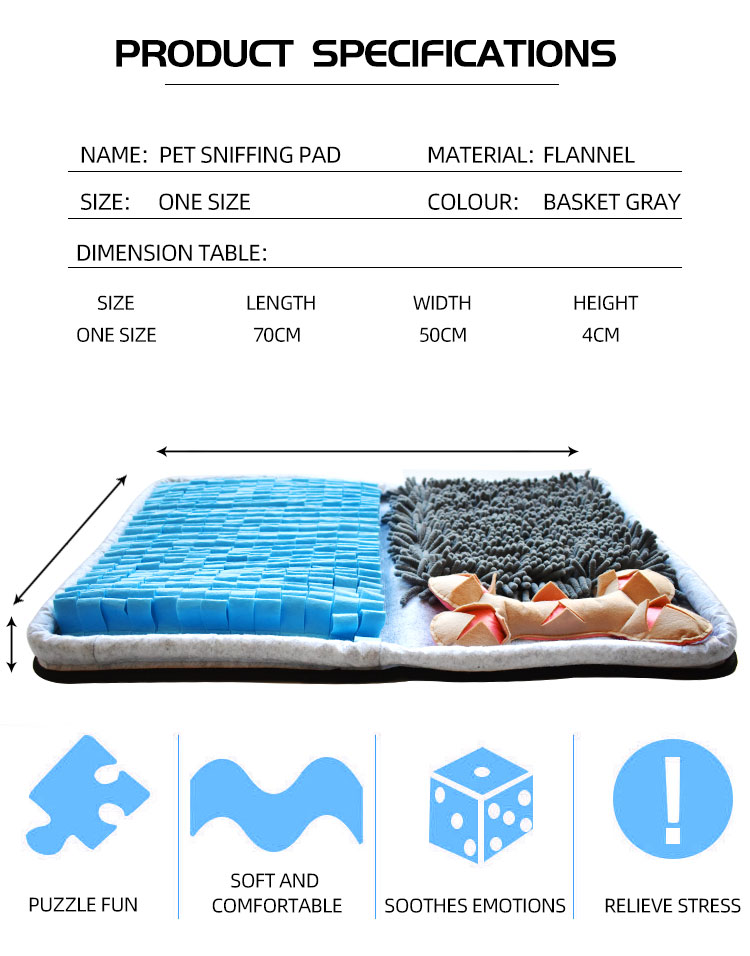The Role of Acoustic Panels in Soundproofing A Comprehensive Guide
In the modern world, noise pollution has become an ever-present challenge. Whether it’s the hum of city life, the chatter of coworkers, or the incessant sounds of home appliances, excessive noise can impact our concentration, relaxation, and overall well-being. In response to these growing concerns, many people are turning to acoustic panels as a solution to soundproof their environments. This article explores the function of acoustic panels and how they can aid in soundproofing various spaces.
What Are Acoustic Panels?
Acoustic panels are sound-absorbing materials that help to reduce noise levels within a room. Typically made from foam, fiberglass, or other sound-dampening materials, these panels work by trapping sound waves and preventing them from bouncing off hard surfaces, such as walls and ceilings. This reduction in sound reflection not only helps to decrease the noise level but also improves the overall acoustics of the space, making it more pleasant for conversation, music, and other activities.
How Do Acoustic Panels Work?
The science behind acoustic panels involves the principles of sound absorption and diffusion. When sound waves hit a surface, they can either be reflected or absorbed. Hard surfaces like glass, concrete, and tile reflect sound, which can lead to echoes and an overall chaotic sound environment. Acoustic panels are designed to absorb sound waves, converting sound energy into a small amount of heat, thereby reducing the amount of sound that reflects back into the room.
Different types of acoustic panels have varying levels of absorption. High-density panels, such as those made from fiberglass, are especially effective at minimizing high-frequency sounds, while softer foam panels can absorb lower frequencies. Choosing the right type of panel for your specific soundproofing needs is essential.
Benefits of Using Acoustic Panels for Soundproofing
1. Enhanced Sound Quality One of the primary benefits of installing acoustic panels is the improvement in sound quality. Whether in a recording studio, home theater, or office, acoustic panels help ensure that sound is clear and balanced, allowing for a more enjoyable auditory experience.
acoustic panels soundproof

2. Noise Reduction Acoustic panels can significantly lower the noise levels in any given space. This is particularly beneficial in settings like offices and home study areas where concentration is key. By reducing background noise, workers and learners can focus better and increase productivity.
3. Improved Comfort Excessive noise can lead to stress and discomfort. Acoustic panels help create a more serene environment, making it easier to relax at home or concentrate at work.
4. Aesthetic Appeal Beyond their functional applications, acoustic panels are available in a variety of colors, styles, and shapes, allowing homeowners and businesses to enhance their aesthetic appeal while improving acoustics. They can be custom-made to fit the design of a room, contributing positively to interior décor.
Installation and Placement
For maximum effectiveness, the placement of acoustic panels is critical. They should be strategically positioned on walls and ceilings to absorb sound at points where reflections occur, such as corners or areas opposite large windows. In commercial spaces, they might be installed in conference rooms, training spaces, or reception areas to mitigate sound travel.
While DIY installation is possible, professional installation is recommended for more complex setups, particularly in larger spaces or specialized environments such as recording studios where sound management is critical.
Conclusion
As the desire for quieter, more harmonious spaces continues to grow, the use of acoustic panels in soundproofing will gain even more traction. Whether for a home office, a music studio, or a bustling cafe, these panels offer a practical solution to the everyday problem of noise. By investing in quality acoustic panels, individuals and businesses alike can experience the numerous benefits of improved sound quality, reduced noise, and enhanced aesthetic appeal. Ultimately, acoustic panels are not just a tool for soundproofing; they are a means to foster environments that promote productivity, relaxation, and communication in our increasingly noisy world.
